Insomnia lasting 264 hours: what ended the experiment of a student who did not sleep for 11 days
Categories: Health and Medicine
By Pictolic https://pictolic.com/article/insomnia-lasting-264-hours-what-ended-the-experiment-of-a-student-who-did-not-sleep-for-11-days.htmlAt the end of 1963, The Beach Boys were playing on the radio in America, the United States was gradually being dragged into the Vietnam War, high school students were resting on Christmas vacation, and two teenagers were planning an experiment that would attract the attention of the whole country.
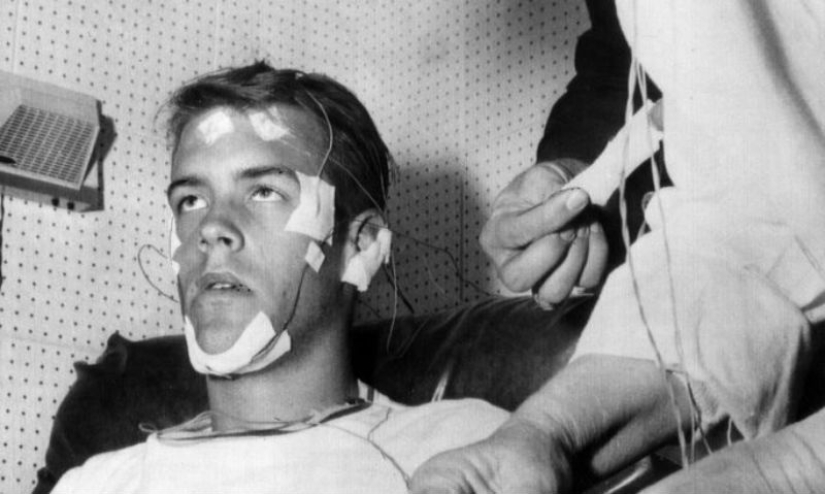
The experiment ended on January 8, 1964: 17-year-old Randy Gardner spent 11 days and 25 minutes without sleep. Bruce McAllister, one of the two high school students who authored the experiment, said that this project was invented because of the simple need to conduct at least some kind of scientific experiment. With the creativity and fearlessness inherent in adolescence, Bruce and Randy decided to break the wake record, which was set by a DJ from Honolulu at that time. He hasn't slept for 260 hours.
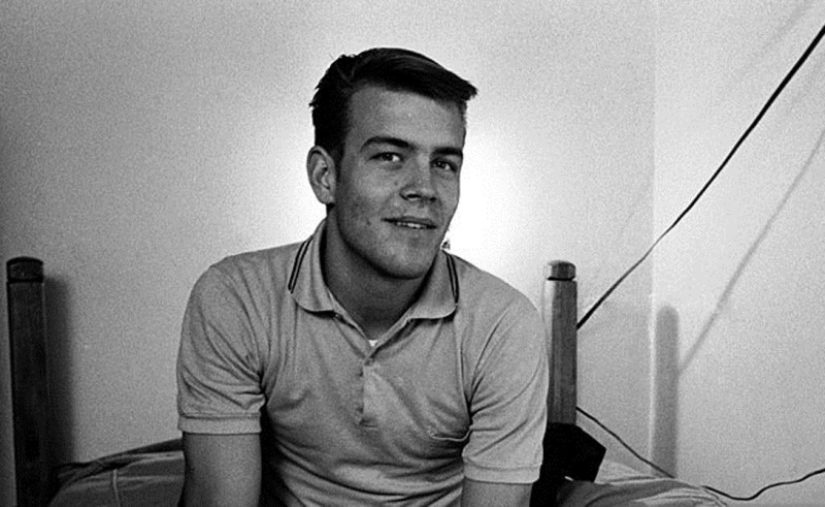
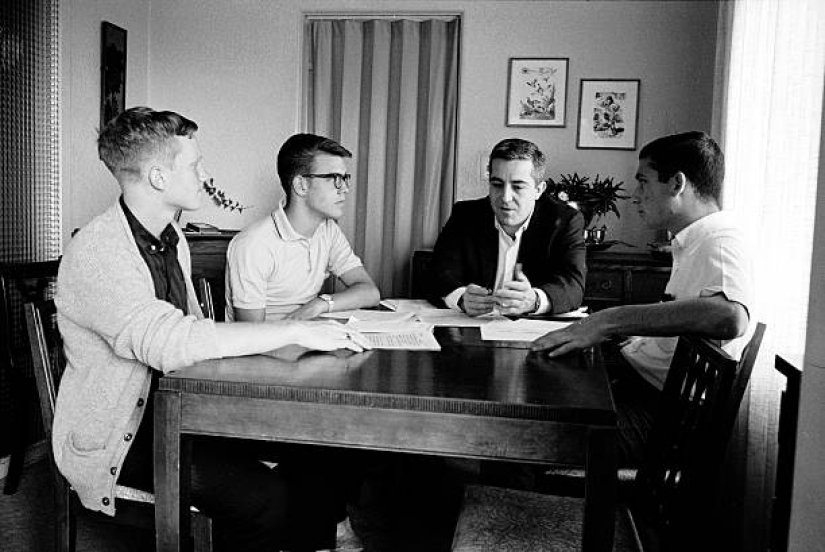
To find out who will be the guinea pig, the guys threw a coin. And, fortunately for Bruce, this fate fell to Randy.
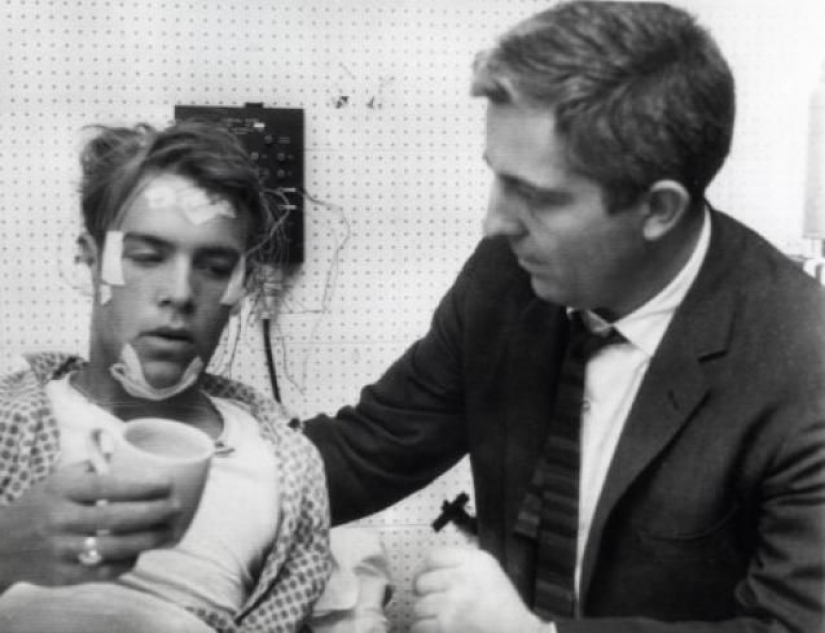
The teenagers realized that they needed a third person and asked for help from a friend Joe Marciano. And later, a professional researcher of sleep problems, William Dement from Stanford University, joined them.
Now Dement is a professor, and in 1964 he took the first steps in an even new field of sleep. He read about the experiment of schoolchildren in the San Diego newspaper and decided to help them, to the delight of Randy's parents.
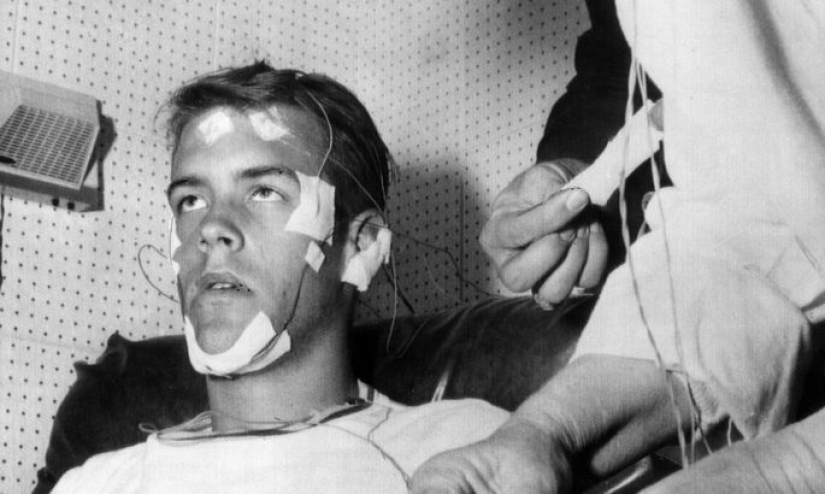
McAllister claimed that their experiment was not affected by chemicals.
By the time Dement arrived in San Diego, the experiment had already lasted several days, and Randy was optimistic. However, the further the experiment went, the more unexpected results were revealed. Randy was periodically tested for the ability to taste and smell, distinguish sounds, and after a while began to notice deviations. McAllister recalled that Randy started saying, "Don't make me smell it, I can't stand the smell." Surprisingly, his basketball skills improved, although this could be attributed to the fact that he spent a lot of time on the court to stay awake.
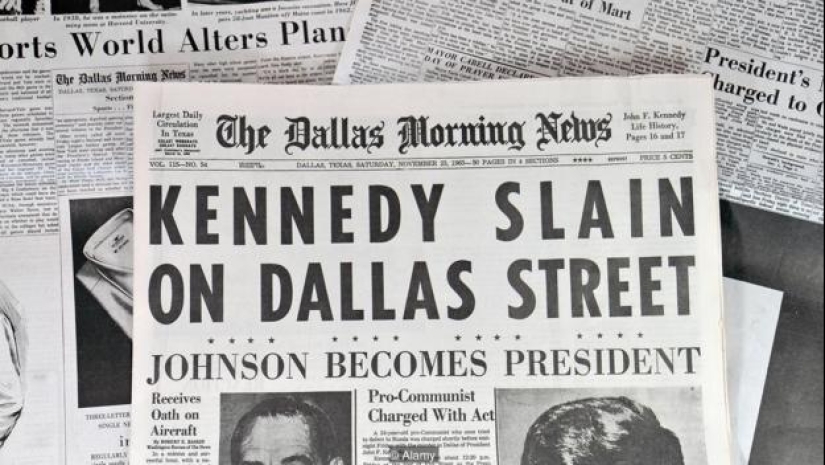
As the experiment continued, press attention to it gained momentum. At one point, the experiment became the third most important in the American press - after the assassination of Kennedy and the arrival of The Beatles. However, according to McAllister, most often the experiment was treated as a prank by schoolchildren. But the participants themselves were serious. Eventually, after 264 hours without sleep, the record was broken and the experiment ended. But instead of giving Randy a good night's sleep, he was taken to the Naval hospital to examine the work of the brain.
"And then he got up and went to school. It was amazing," Dement added.
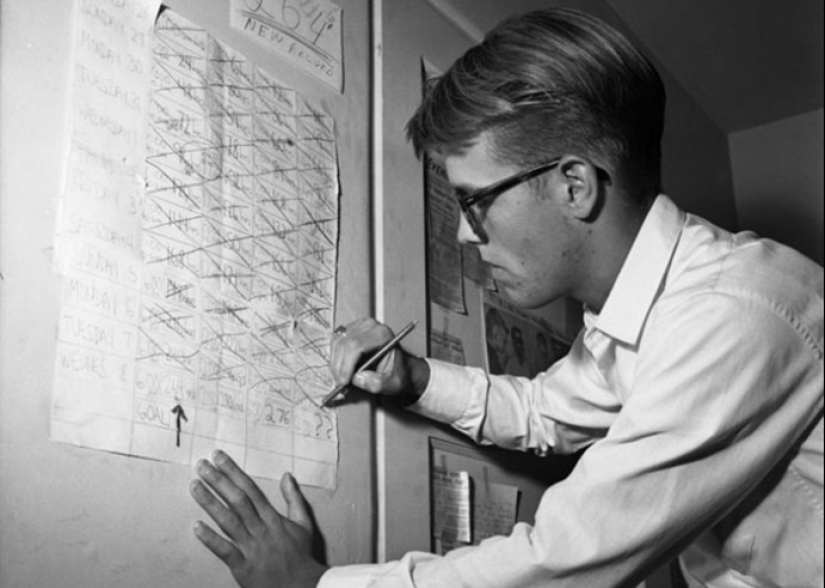
The results of the study from the hospital were sent to the Arizona science center. It was concluded that Randy's brain was constantly falling into and out of sleep. Some parts of the brain were asleep, others were awake.
Many people have tried to break this record, but the Guinness Book of Records refused to register these attempts, believing that it could be dangerous to health.
11 days without sleep seemed to have no effect on Randy's well-being. Although he later said that he suffered from insomnia for several years. Immediately after the experiment, the students held a press conference. The guy, who had not slept for 11 days, managed to philosophize on the topic of experience.
Recent articles

It's high time to admit that this whole hipster idea has gone too far. The concept has become so popular that even restaurants have ...

There is a perception that people only use 10% of their brain potential. But the heroes of our review, apparently, found a way to ...

New Year's is a time to surprise and delight loved ones not only with gifts but also with a unique presentation of the holiday ...